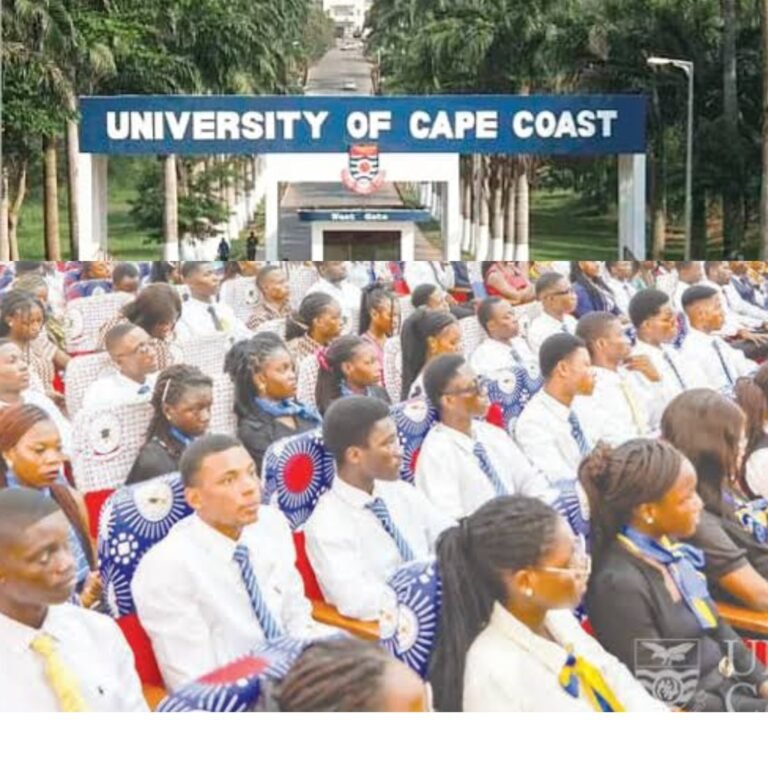
Some participants who joined the virtual meeting
The National Development Planning Commission (NDPC) has organised a virtual sub-Cross-Sectoral Planning Group (CSPG) meeting in collaboration with the Ministry of the Interior and the Ministry of Foreign Affairs and Regional Integration, with support from the International Organisation for Migration (IOM).
The meeting served as the first national consultation on the Global Compact for Safe, Orderly and Regular Migration (GCM), in preparation for the submission of Ghana’s voluntary national review of GCM implementation. It also aimed to determine Ghana’s priorities for the next Medium-Term National Development Policy Framework (MTNDPF) from 2022-2025, and to discuss Ghana’s commitments on migration within the International Conference on Population and Development (ICPD+25) Programme of Action.
Commitment
In a statement delivered on behalf of Dr Kodjo Esseim Mensah Abrampah, Director-General of NDPC, Mary Mpereh, Chief Analyst Population, Gender and Migration, stated that Ghana has signed unto the GCM, and committed to prepare and submit its voluntary national review.
He added that NDPC is integrating Ghana’s regional, continental and international commitments such as the Sustainable Development Goals (SDGs), Beijing Platform for Action, ICPD+25 and the GCM, among others, into the country’s national development policy frameworks and is coordinating their implementation, monitoring and evaluation in tandem with the various reporting mechanisms.
The GCM
The GCM was adopted by the United Nations (UN) General Assembly in 2018 and is the first comprehensive global framework to enhance international cooperation on migration governance. Its 23 objectives cover migration management in a holistic and comprehensive manner.
In the recently published UN Secretary-General (SG) Report “From Promise to Action: The Global Compact for Safe, Orderly and Regular Migration”, the SG emphasizes that the GCM is a testament to our growing understanding of the power of migration: inevitable, undeniably beneficial but capable of generating challenges to migrants and communities if not well-governed. The GCM is aligned to regional migration agendas, including the Economic Community of West African States’ (ECOWAS) Free Movement Protocols and the African Union Migration Policy Framework. It is also complementary to the 2030 Agenda for Sustainable Development.
“The 2030 Agenda includes a pledge to ‘leave no one behind’, and to endeavour to reach the furthest behind first. Many SDG targets can only be fully achieved if migration and migrants are considered. Enhancing migration governance through the implementation of the GCM will be essential, and thus we look forward to continuing our partnership in this effort,” said Charles Abani, UN Resident Coordinator in Ghana.
To support the implementation, follow-up and review of the GCM, the UN Resident Coordinator and IOM established the UN Network on Migration (UNNM) in Ghana to provide facilitate effective, timely and coordinated UN-system-wide support. To increase advocacy and ownership on the GCM, 18 countries have volunteered to be champion countries, including Ghana.
“IOM and the UNNM are committed to continually support the Government of Ghana in the GCM process as it seeks to harness the development potential inherent in migration. During these trying times, the GCM provides an effective framework for the governance of international migration in all its dimensions, which can be leveraged by states to respond to the COVID-19 crisis,” said Abibatou Wane-Fall, IOM Ghana Chief of Mission.
The meeting brought together a variety of governmental and non-governmental stakeholders, including the NDPC; Ministry of the Interior; Ministry of Foreign Affairs and Regional Integration; Centre for Migration Studies, University of Ghana; UNNM; civil society organizations; and the media.
Global Humanitarian Overview launch
In a related development, the United Nations Office for the Coordination of Humanitarian Affairs (OCHA) has presented the Global Humanitarian Overview 2021 (GHO) in Geneva and four capitals – Berlin, Brussels, London and Washington, D.C.
The GHO is the annual overview of trends and current state of worldwide humanitarian need, projections and inter-agency response plans. It includes an overview of the funding necessary to implement them in 2021.







